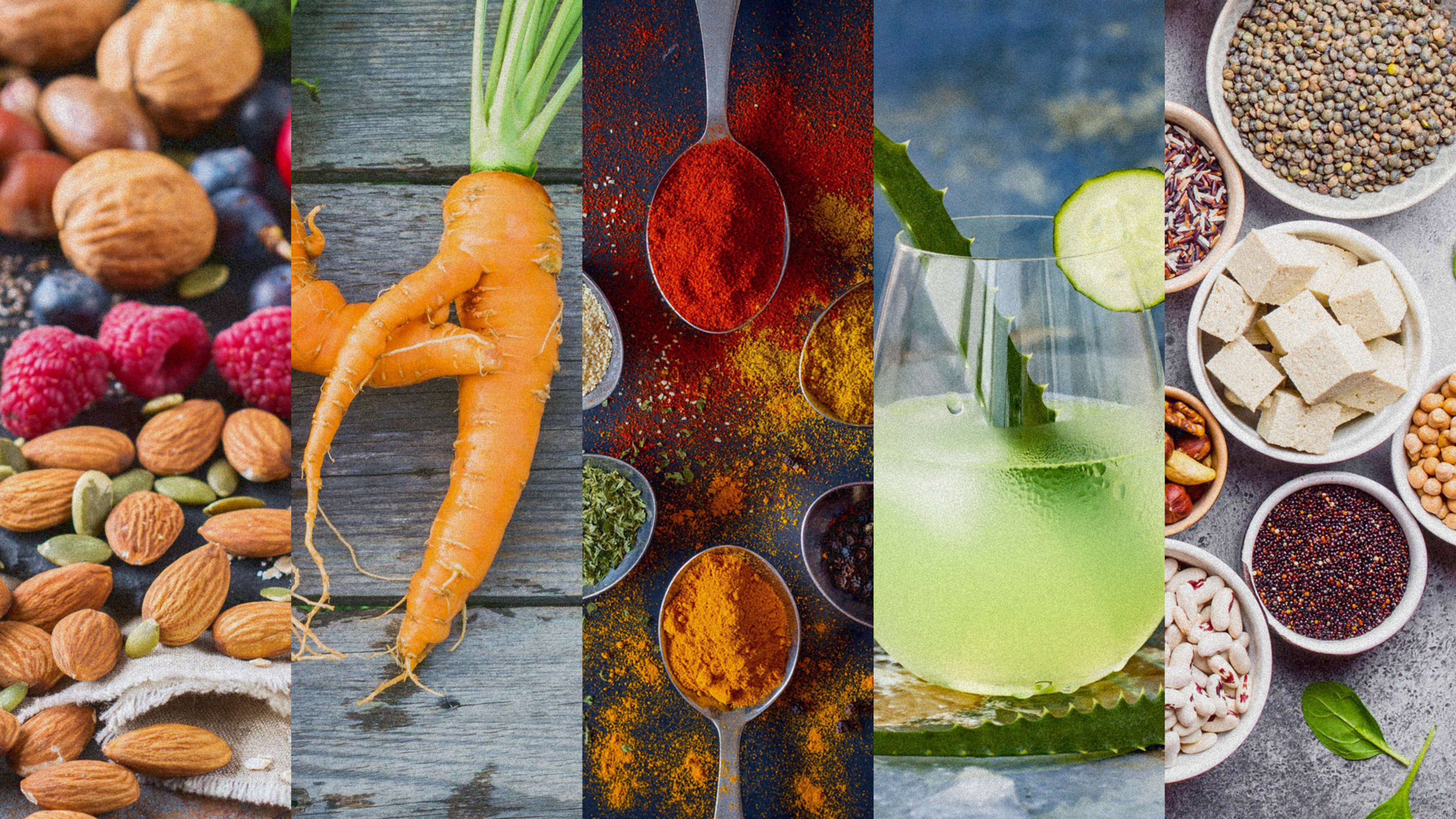A few years ago, many people had never heard of poke. Now you can’t walk more than a few blocks in a major city before you hit a poke restaurant. But what will be the next poke?
Snack bar company Kind wants to tell you, in its list of what it considers to be the top 10 food trends for 2019. (Lots of grocery companies including Whole Foods and Fresh Direct already do this). Kind tapped its network of more than 5,000 industry insiders. That includes mostly registered dietitians, but also internal product developers, team members in other countries, and the viewpoint of CEO and founder Daniel Lubetzky.
Not everything may end up affecting the company–though a harissa-flavored nut bar would be exciting–but as a tastemaker there’s value in showing that you know where America’s appetite is heading. Here’s the wide-ranging menu of ingredients, products, and principles Kind expects.
Ingredients
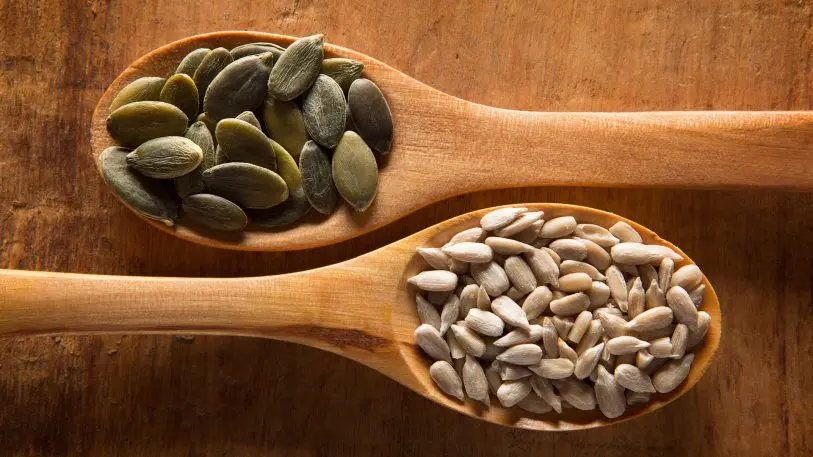
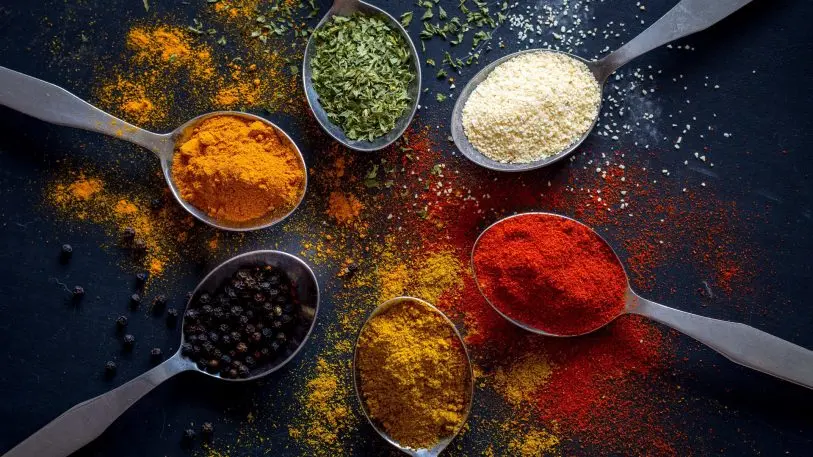
2. African ingredients become more accessible: Traditional African restaurant staples like “harissa, berbere, dukkah, ras el hanout and tiger nuts” will gain more grocery shelf space as “condiments, grain snacks and protein rubs,” the report says.
3. Culinary cannabinoids create a stir: Non-psychoactive CBD is a cannabis extract that can, according to some, decrease anxiety and ease inflammation. It’s already in coffee, cocktails, and olive oil and ripe for yogurts, soups, and salad dressings.
Products

4. “Ugly” produce gains acceptance: Consumers that become more aware of how food waste causes hunger and ruins the environment may seek out imperfect vegetables. Especially as stores get more clever about advertising the beauty in that practice.
5. Fiber becomes a selling point: More products than ever will tout the mircobiome-friendly inclusion of fiber (and also pre- and probiotics). But being marketed as a gut health helper is one thing, actually being effective is another. Double check the true fiber count against nutritional labels.
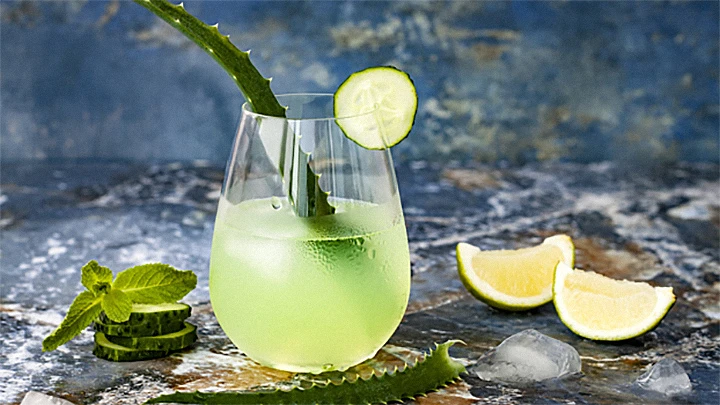
Principles
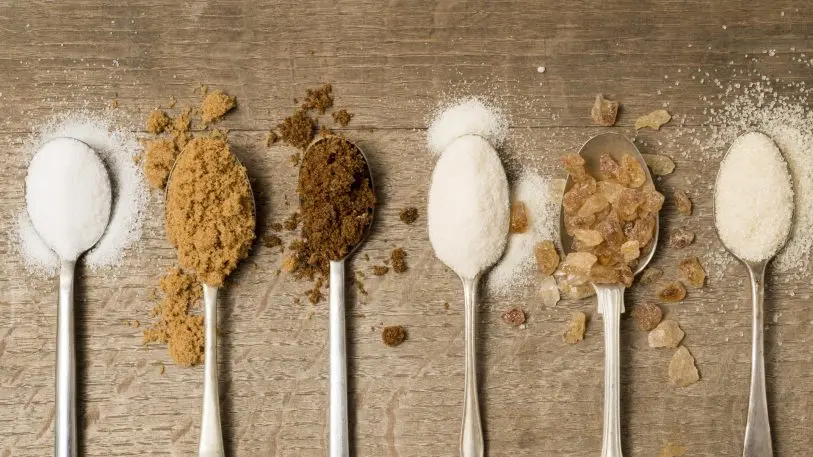
7. Certain sugar levels gain acceptance: With the new FDA requirement pushing companies to disclose added sugars separate from overall sugar count, Kind sees the anti-sugar movement swinging toward a more nuanced “anti-added sugar” stance. People checking labels can begin to avoid items spiked with non-naturally occurring sweetener.
8. The “food-first” philosophy expands: American’s obsession with so-called clean labels will reemphasize inherently nutritious, minimally processed foods (as opposed to what Kind calls “heavily fortified products”).
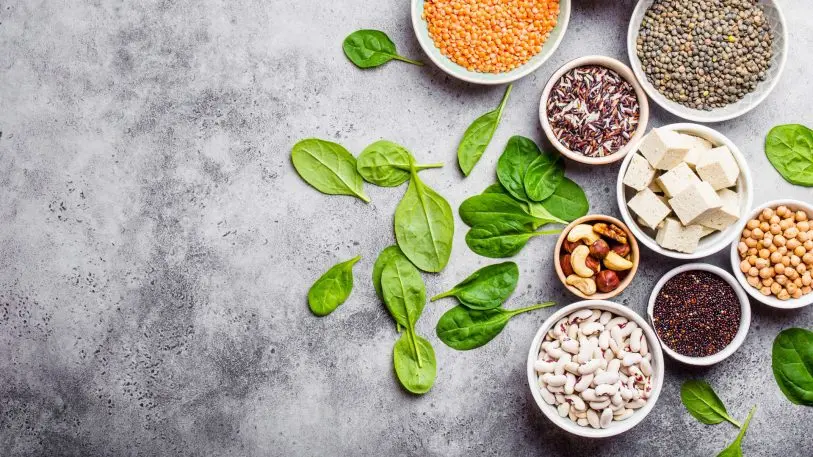
9. Meatless and dairy-free movements go mainstream: Much like the food-first shift, people’s comfort with animal treatment and the environmental impact for livestock practices continues to erode. That means companies are more likely to create classic foods (chips, burgers, cheese) from even more exotic inputs (nuts, seeds, beans, water lentils, and algae).
10. Transparency sheds new light inside operations: The next step for food companies is to go beyond just sharing ingredient lists and clear wrappers. “In 2019, we will see transparency shape companies’ cultures, hiring practices and inclusion measures,” the report says.
Recognize your brand’s excellence by applying to this year’s Brands That Matter Awards before the final deadline, June 7.
Sign up for Brands That Matter notifications here.
